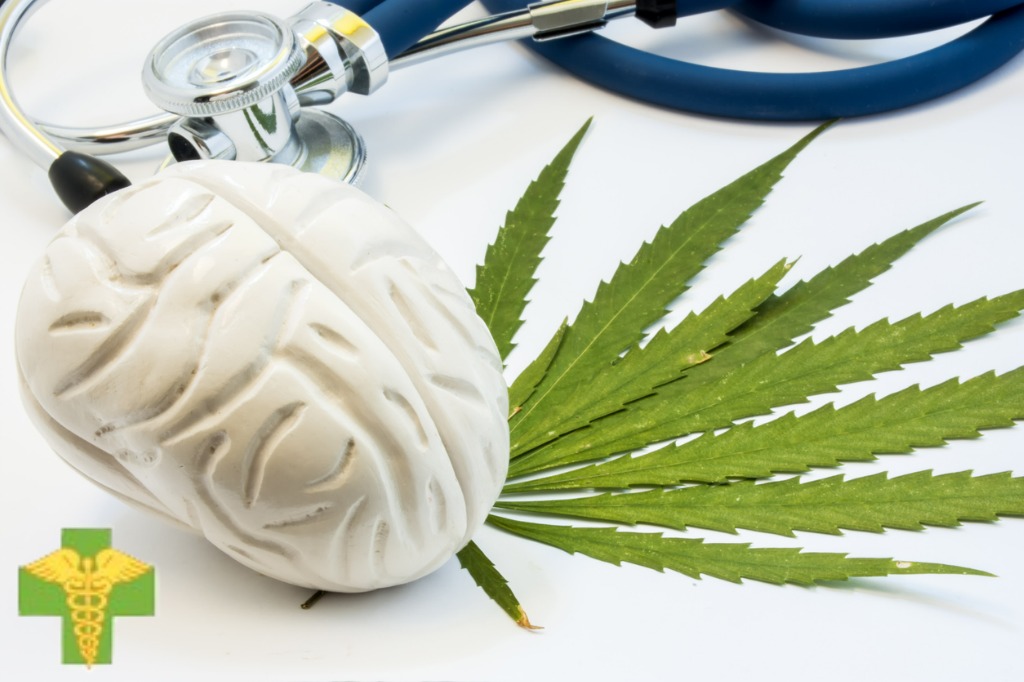Cannabis and Neurodegenerative Diseases
How Effective Is Cannabis as a Treatment for Neurodegenerative Diseases?
When it comes to alternative treatments for neurodegenerative diseases, many people want to know if medical marijuana can be used as a supportive tool. Let’s explore what this herbal drug can do for sufferers of neurodegenerative diseases.
Defining Neurodegenerative Diseases
These disorders are characterized by the loss of neurons or brain nerve cells. Some examples include Parkinson’s Disease and Alzheimer’s. A common reason why people look to supportive treatments is that most medicines prescribed for neurodegenerative disorders only manage the symptoms.
Can Cannabis Compounds Slow Down Neurodegenerative Diseases?
The quick answer seems to be “yes.” Two problems that allow neurodegenerative disorders to progress are the fact that such diseases cause inflammation and oxidative stress. Studies have shown that a certain marijuana compound offers a neuroprotective quality because it has anti-inflammatory and anti-oxidant traits. This offers a therapy that targets both of the drivers behind the advancing of these disorders, potentially allowing users to stop or slow down the progression of their condition.
Meet CBD: The Compound That Might Offer Hope
As someone interested in medical marijuana, you might already have heard of CBD. What exactly is it, and how is it different from marijuana? CBD stands for cannabidiol. It’s made from the cannabis plant, but it’s been processed to deliver the benefits of medical marijuana without the “high.”
In Summary
There are serious studies that showcase the powerful potential of CBD in slowing down neurodegenerative disorders. In Parkinson’s studies, it has been shown to improve sleep quality and motor symptoms. For Alzheimer’s patients, the main benefits appear to be reduced pain and agitation, among others. More research is required to prove that CBD is an effective therapy for neurodegenerative disorders, but thus far, the positive results are hopeful.
Disclaimer
Statements made regarding any products have not been evaluated by the Food and Drug Administration. The efficacy of these products has not been confirmed by FDA-approved research. These products are not intended to diagnose, treat, cure, or prevent any disease.
Information presented here is not meant as a substitute for or an alternative to information from healthcare practitioners. Please consult your healthcare professional about potential interactions or other possible complications before using any product.







